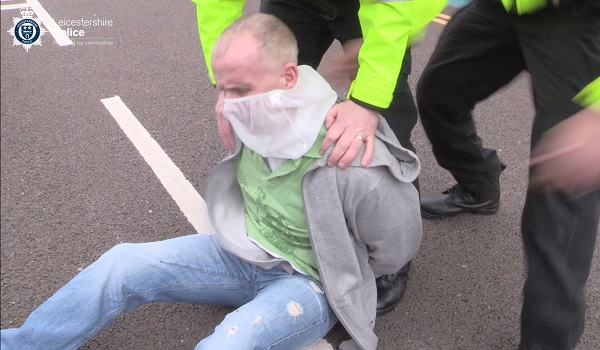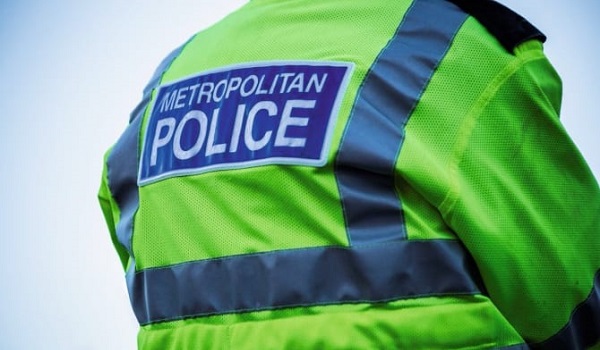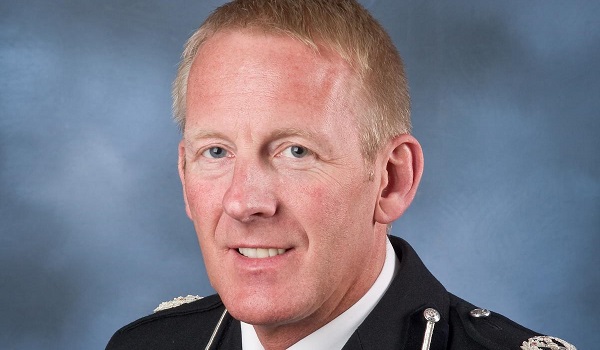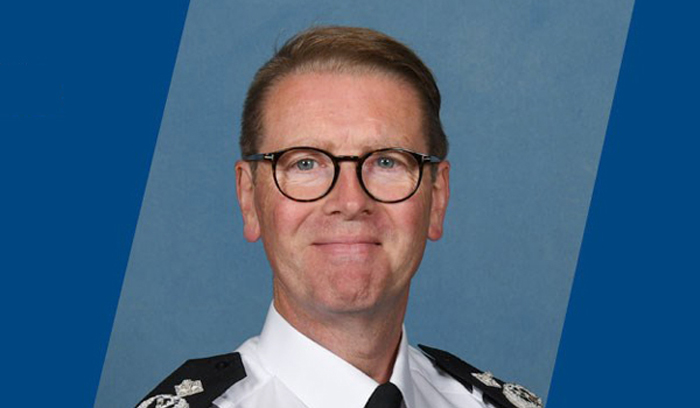IOPC rules no investigation required into death of Caroline Flack
The Independent Office for Police Conduct has ruled that no investigation should take place into the police contact with Caroline Flack before her death last month.
The Love Island presenter was found in her flat in east London on February 15 after taking her own life. She had been due to stand trial this week for allegedly assaulting her boyfriend, Lewis Burton, in December, having pleaded not guilty.
Mr Burton, 27, has said he did not support the prosecution and just hours after Ms Flack’s death, her management released a statement hitting out at the Crown Prosecution Service (CPS) for pressing ahead with the trial despite knowing she was “vulnerable”.
On February 19, the Metropolitan Police Service (MPS) made a mandatory referral to the Independent Office for Police Conduct following the death. The referral was made following a review by the MPS’s Directorate of Professional Standards (DPS) of all previous police contact with Ms Flack. This is standard practice when a member of the public dies or is seriously injured and has had recent contact with police.
The IOPC today (March 4) informed the MPS and Ms Flack’s family that an IOPC investigation is not required as none of the evidence provided suggests police involvement caused or contributed to the death, meaning it would not be “reasonable or proportionate” to conduct an investigation.
The IOPC referred the matter back to the MPS for the DPS to decide whether any further investigation or review into the circumstances was needed. The DPS has concluded that a formal internal investigation is not required.
A statement issued by the MPS said: “A comprehensive review of the circumstances surrounding all police contact with Ms Flack following her arrest and detention has already taken place as part of the referral process. No conduct has been identified on the part of any officer. In line with normal processes, if any new information should come to light it will be considered and action taken as appropriate. The MPS continues to offer every assistance to the coroner.”
The CPS is to examine the decision to continue with the prosecution with a post-case debriefing. The findings of such reviews, which are standard practice for certain cases, are not usually made public.







